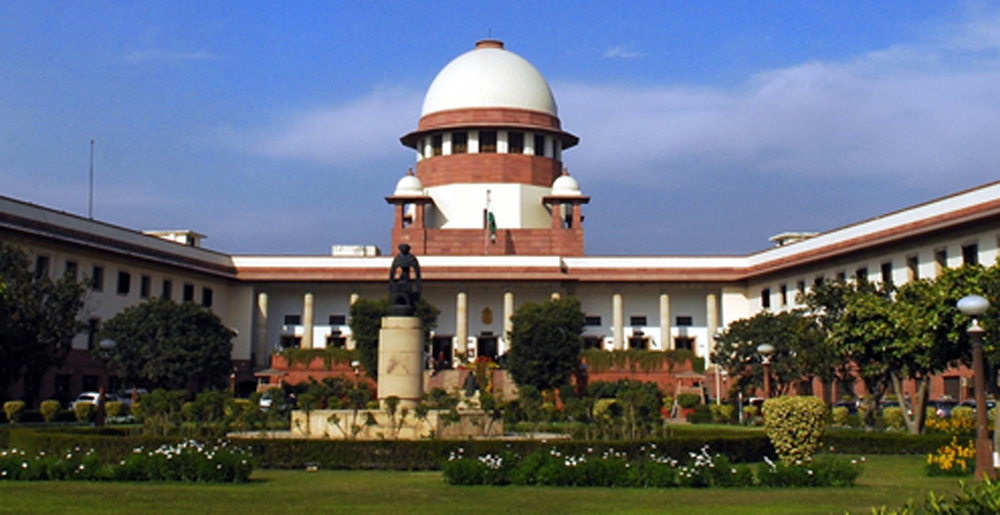Positive discrimination on the basis of historical injustice cannot be simple. In India, the system of reservations is a thorny issue, subject not just to legal scrutiny, but also — and always — to political interests. The dust it raises often obscures its spirit — a drive towards educational and social equality — while its technical aspects are magnified into immovable barriers. A recent example was the ruling of the Madhya Pradesh High Court. The state government had appointed a woman from other backward classes as assistant professor in the general, unreserved category because she had topped the list of all candidates who had applied under and outside of the quota system in the women teachers’ segment. Responding to a petition against this, the high court had quashed the list of selected candidates, ruling that no migration of reserved category to unreserved could be permitted in a situation of ‘compartmentalized’ reservations even if a candidate had not used the benefits of quota to gain eligibility — lower cut-off marks or higher age limit, or whatever was applicable in this case — and her selection was based purely on merit.
The Supreme Court, however, stayed this order. Although it will hear the case again in four weeks, the Supreme Court clarified the logic behind the principle of reservations. If a candidate tops a recruitment list through merit and has not used the benefits of reservations at any point, she can be accommodated in the ‘unreserved’ category. The general category is not an implied reservation: it is open to anyone who has the merit to compete on equal ground. The idea of compartments, it would seem then, is a result of the sense of fragmentation and division within society that politicians encourage. In 2017, the Supreme Court had ruled against migration because the candidate in that case had acquired eligibility by using the benefit of age relaxation for reserved category candidates, even though she had then proved her merit. But if reservations are beneficial then there would be candidates who refuse quota advantages right through: this would show that the ground was becoming level, fulfilling the true aim of reservations. By placing merit over the imagined rigidity of quota compartments, the Supreme Court has reminded society of the aspiration enshrined in the Constitution.










